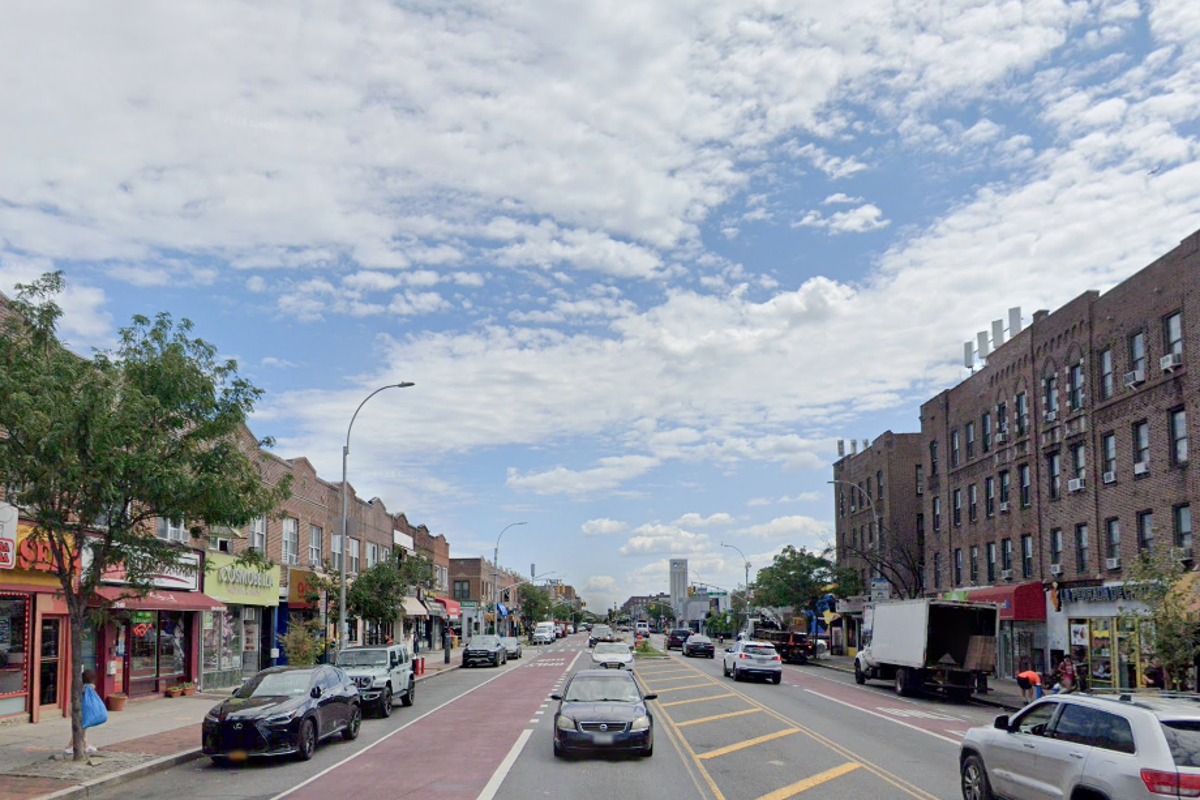Copyright The Boston Globe

Last month, OpenAI introduced Instant Checkout, a technology that connects ChatGPT users to online stores and garnishes each recommendation with a “buy” button — enabling shoppers to complete a purchase without visiting a retail website. This technology, available for shopping through Etsy and Shopify merchants, is powered by open-source code called Agentic Commerce Protocol, developed with online payment processing company Stripe. The world’s biggest retailer is also getting into the game. Walmart last week announced an “AI-first shopping experience” partnership with OpenAI, the parent company of ChatGPT. The partnership embeds product recommendations from Walmart and its affiliated warehouse retailer, Sam’s Club, in ChatGPT using Instant Checkout. Additionally, Walmart and Sam’s Club websites will add a ChatGPT feature to allow shoppers to search for items more conversationally. “For many years now, ecommerce shopping experiences have consisted of a search bar and a long list of item responses. That is about to change,” said Doug McMillon, Walmart’s chief executive, in a statement. “There is a native AI experience coming that is multi-media, personalized and contextual.” AI is coming into its own as an uncertain economic environment makes US consumers more careful shoppers, according to KPMG. A recent survey by the accounting and consulting firm found that 41 percent of consumers used AI to research gifts, while an additional 22 percent said they were considering using AI to help them shop. Younger consumers, in particular, are turning to AI, according to KPMG. The survey found that 56 percent of Gen Z, ages 18-26, and 62 percent of millennials, ages 27-42, said they use AI for shopping research. AI, unlike traditional search engines, allows shoppers to get personalized recommendations based on any number of criteria, from price vs. quality to characteristics of the person who’s getting the gift to the reason the shopper is buying it. It can feel more like a conversation than a search, said Julia Wilson, a principal at KPMG US. “When I go into ChatGPT, I might try to buy a holiday gift for an in-law that I don’t know very well,” she said. “Then you can take that conversation all the way to the checkout.” The technology is driving a shift from ecommerce —a.k.a. online shopping — to agentic commerce, or shopping performed by an AI “agent.” Without a retail website as an “intermediary,” shoppers can find their desired products much more efficiently, since the algorithm finds results from across the internet and compiles them in one location, said George Westerman, MIT professor and technology business strategist. Still, he said, the process is far from transparent. He questioned the reliability and trustworthiness of the results and who might benefit from them. “Who’s influencing the recommendations it gives you?” he said. “It’s unclear how neutral [AI results] are because they’ve got to make money somehow.” OpenAI said in a statement that merchants pay a small fee when shoppers make a purchase through Instant Checkout, but that product recommendations are ranked solely on relevance to the consumer. Meanwhile, the use of AI as a general search tool doubled to 29 percent from 14 percent in the six months between February and August, according to marketing agency Highervisibility. Google’s search dominance is slowly eroding, with queries dropping to 66 percent from 73 percent in the same six months. Retailers are taking notice. A recent survey of retailers in the United States, Australia, New Zealand, the United Kingdom, and Singapore found that 96 percent are implementing or investigating AI agents for their business operations. Market research company eMarketer estimates spending on AI search ads in the United States will reach $26 billion by 2029 from just over $1 billion this year. As global retail giants join forces with AI firms to spearhead a new era of commerce, some small local businesses are having to adjust. Rachael Mott, an illustrator, opened a brick and mortar store in Hingham last year, after a decade of hopping between artisan markets. Her shop, the Hermit on Green Street, offers collections of antiques, creations from local artists, and some of Mott’s own work. Last month, Mott launched a website through the website-building platform Squarespace in an effort to increase sales. Squarespace recently announced a business partnership with the AI firm Perplexity. “With a small business, you have to be a jack-of-all trades,” she said. “If [AI] can come and help with your weak points, that would be awesome. But there’s pros and cons to it.” Mott said she now uses generative AI to bounce off blurb ideas for item descriptions and compare prices between products she sells and similar items in other stores. With holiday shopping around the corner, Mott hopes for big crowds online and in person. But she finds that a physical location offers a different experience than buying a product with the click of a button. “If people are shopping online, it’s literally checking a box,” said Mott. “If you come into a brick-and-mortar or pop-up, it’s a lot easier to find something truly special and charming.”



